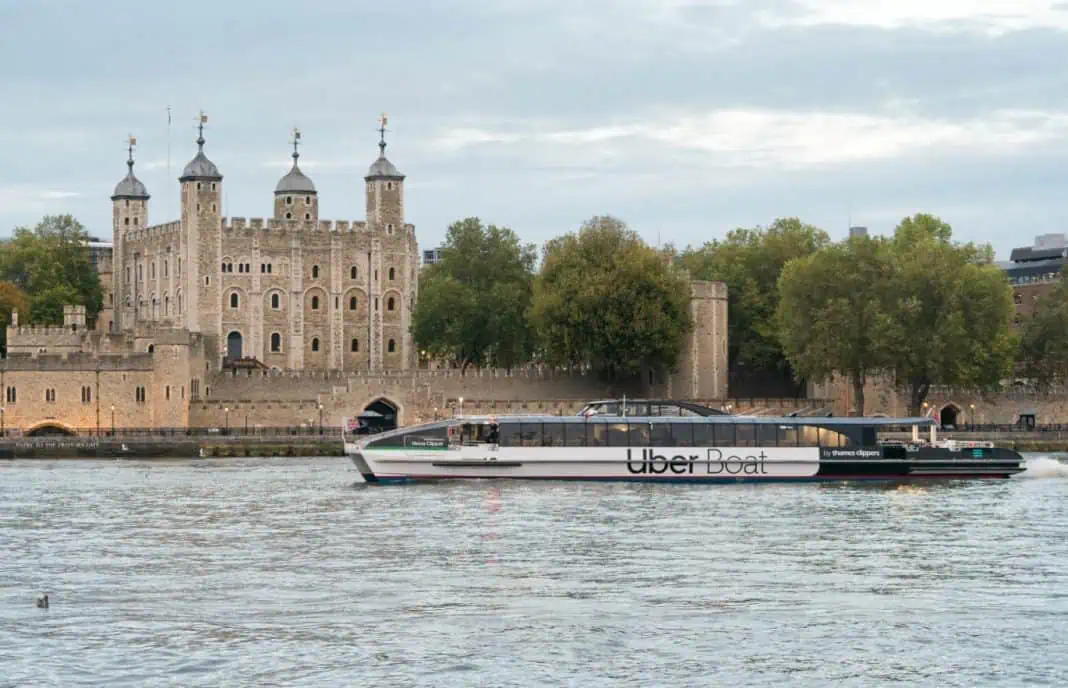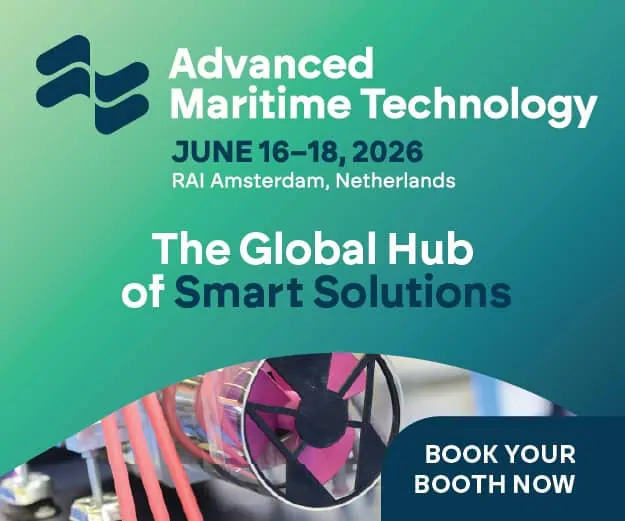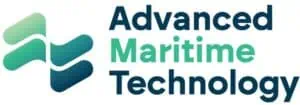London’s leading River Bus operator, Uber Boat by Thames Clippers , has won Department for Transport (DfT) funding to support three projects to research and develop green river transport for the future.
Already a modern and fuel-efficient passenger boat service operating on the River Thames, Uber Boat by Thames Clippers applied for the funding in collaboration with other partners, via the Innovate UK Clean Maritime Demonstration Competition, to further drive green tech capabilities forward. The three projects, which focus on new power and propulsion technologies and emissions-reducing solutions, are part of the business’s long-term commitment supporting the sustainable growth of infrastructure and economic development on and around the river.
Geoff Symonds, Uber Boat by Thames Clippers’ Chief Operating Officer, said of the funding:
“We believe strongly in protecting and preserving the River Thames and the communities close to the river. This means moving as fast as the technology will allow us to viably move away from diesel-powered vessels. This funding from the DfT, via Innovate UK, allows us to accelerate our development of a more sustainable future for Uber Boat by Thames Clippers, as well as for a greener marine future for the industry. We are proud to have secured this investment and excited to be working alongside specialists in the relevant fields to continue to drive innovation within the sector.”
All of the DfT-funded projects enable research into the future capabilities to design the new generation of river transport; greener, more efficient and advancing the existing technology. The three Clean Maritime projects, which will kickstart the decarbonising of the Thames, are:
Clipper 2.0: Economical and technical feasibility of decarbonising high-speed public water transport on the River Thames
Due to the nature of the Uber Boat by Thames Clippers operation, current viable technology only enables its high-speed catamarans to be powered using diesel engines. This study will look at the feasibility of integrating fuel cell electric drive systems into the catamaran platform for new catamarans and, beyond that, retrofitting the existing fleet where possible.
The project will analyse three zero carbon fuel types – compressed hydrogen gas, liquid hydrogen and methanol – to allow an informed future choice to power the fleet. On this project Uber Boat by Thames Clippers is supported by Mayfair Marine as a hydrogen marine consultant, Class Society DNV for regulatory support and catamaran designers One2three Naval Architects.
Cross River Zero Emissions Ferry
Working in collaboration with BAE Systems, Beckett Rankine and Wight Shipyard Co this project aims to position the UK to deliver the best intelligent electric propulsion and power management solutions in the world, supporting the UK maritime industry with the UK Government’s Net Zero 2050 initiative. It will provide a pathway to implementation of zero emission cross river services on the Thames as well as potential for implementation in other locations in the UK and internationally.
This feasibility study will look at the relationship between power demand, duty cycle and vessel optimisation for more efficient vessel operation. It will help to develop a clear plan for a future prototype vessel that provides operational data to show clear economic and technological feasibility to achieve Net Zero by 2050.
Project HOST (Hydrogen and Oxygen South Thames)
The aim for this project is to enable Uber Boat by Thames Clippers to transition from diesel engines to vessels that use hydrogen fuel cell, batteries and electric motors over the next 10 years.
Project HOST, working alongside Arup, Shell, National Grid and Wight Shipyard Co, will accelerate the deployment of other vessels and modes of transport switching to hydrogen, knowing a safe, reliable hydrogen supply is readily available and practical. Delivering hydrogen projects requires innovation at many levels: new technology, supply chains, skills and innovative partnerships. Encompassing all these elements, Project HOST, once delivered, will provide a model for other hydrogen maritime projects to follow, and accelerating the greening and cleaning of maritime across the UK.
Notes about the Clean Maritime Demonstration Competition
The Uber Boat by Thames Clippers projects are part of the Clean Maritime Demonstration Competition, funded by the Department for Transport and delivered in partnership with Innovate UK.
Announced in March 2020, and part of the Prime Minister’s Ten Point Plan to position the UK at the forefront of green shipbuilding and maritime technology, the Clean Maritime Demonstration Competition is a £20m investment from government alongside a further c.£10m from industry to reduce emissions from the maritime sector. The programme is supporting 55 projects across the UK, including projects in Scotland, Northern Ireland and from the South West to the North East of England. As set out in the Clean Maritime Plan (2019), Government funding has been used to support early stage research relating to clean maritime. The programme will be used to support the research, design and development of zero emission technology and infrastructure solutions for maritime and to accelerate decarbonisation in the sector.













